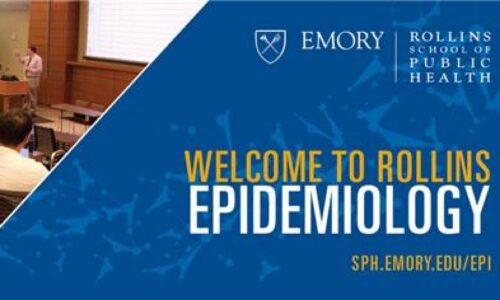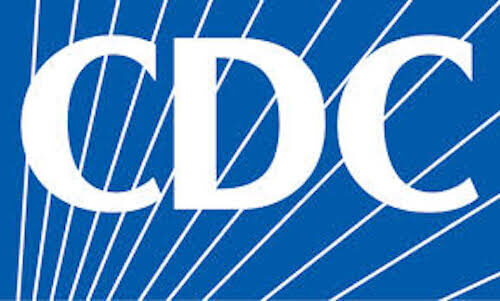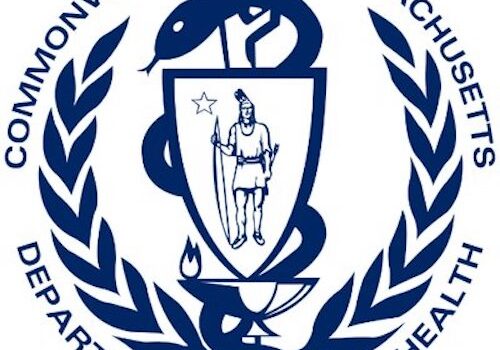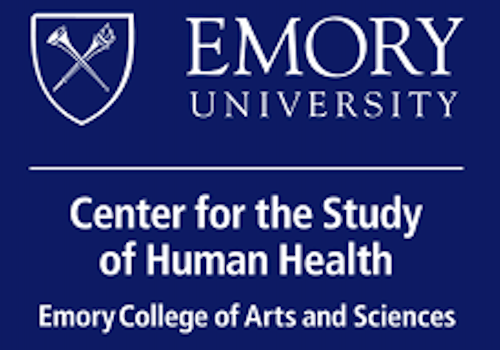Getting to Know You Series: Sessions 2-3
Category : News/Events
We are all excited to welcome you to the Department of Epidemiology and the Rollins School of Public Health in August. Until then, we are hosting a series of “Getting to Know You” sessions with the faculty and students who will be integral to your time at Rollins.
First up was an informal conversation with our Chair, Dr. Tim Lash, and Director of Graduate Studies, Dr. Lauren Christiansen-Lindquist on Monday, July 18th from noon to 1:00 pm. Then, later the same week, you will have the opportunity to meet with your EPI 530 instructor,
Dr. Jodie Guest, and TA, Noah Mancuso on Thursday, July 21st from noon to 1:00 pm. The following week, your EPI 534 instructors, Dr. Vijaya Kancherla, and Nicole Luisi, along with your BIOS 500 instructor, Dr. Jose Binongo will hold a session on Tuesday, July 26th from noon to 1:00 pm. Finally, last – but certainly not least! – you will meet your EPI Reps, Erin LaFon and Ellisen Herndon on Thursday, August 4th from noon to 1:00 pm.
Session 2 – EPI 530
Jul 21, 2022, 12:00 PM Eastern Time (US and Canada)
Meeting ID: 947 4502 3557
Register in advance for this meeting:
https://zoom.us/meeting/register/tJAqc-yorDgvH9ORxqfcMYCNIUYjaqYEzNPg
Session 3 – EPI 534 & BIOS 500
Jul 26, 2022, 12:00 PM Eastern Time (US and Canada)
Meeting ID: 943 0337 6399
Register in advance for this meeting:
https://zoom.us/meeting/register/tJAud-qrqT0pE929BcusjbNCUMCbHU35a0CZ









Recent Comments